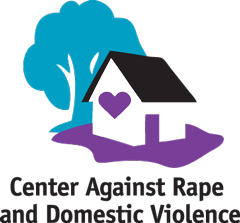2026 CARDV’s 5K Run/Walk
Saturday, May 9
WARNING! Your internet activity can be tracked. If the person who is harming you has access to your computer and/or router, use a trusted friend’s computer or phone or a computer at the library. Use the “Safety Exit” link at the top of this page to get out of this site.
